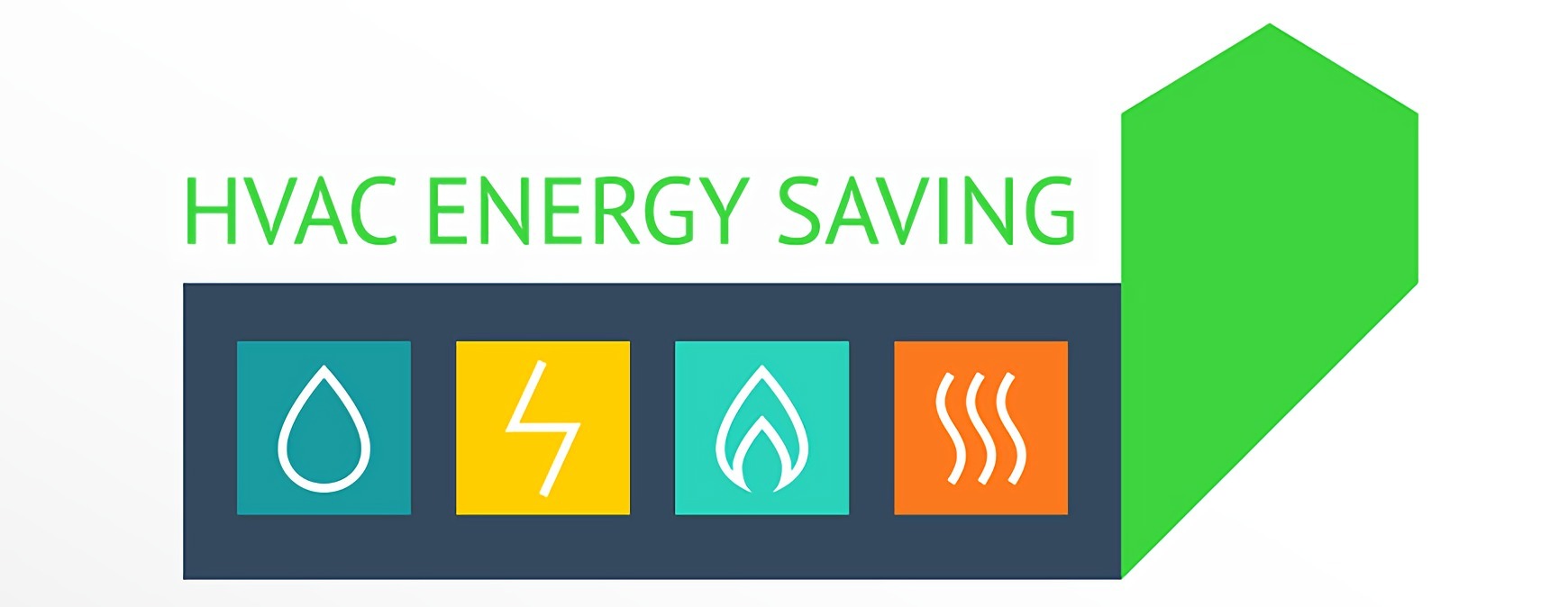
In 2015, the Department of Energy (DOE) enacted new energy efficiency standards for heat pumps and air conditioners. Students currently in refrigeration school and working HVAC technicians should learn the new rules in order to select the appropriate equipment for their region. Following are the most important things to know about the new rules.
What Are the New HVAC Efficiency Standards?
The new DOE standards are for the seasonal energy efficiency ratio (SEER) and heating seasonal performance factor (HSPF) of air conditioners and heat pumps. SEER ratings indicate how efficiently HVAC equipment cools a home while HSPF ratings show the amount of energy necessary to run a heat pump in the winter. In 2008, SEER ratings jumped from 10 to 13, and new regulations raised them to 14 in many regions of the country.
HVAC Efficiency Standards by Region:
- North – Air conditioners must have a SEER rating of 13 or above. Heat pumps must have a SEER rating of 14 or above as well as a minimum HSPF rating of 8.2.
- South – Air conditioners must have a SEER rating of 14 or above. Heat pumps must have a SEER rating of 14 or above, as well as a minimum HSPF rating of 8.2.
- Southwest – which includes Arizona – Minimum SEER and HSPF ratings are the same as for the southern region. Additionally, central A/C units must have an energy efficiency ratio of either 11.7 or 12.2 depending on the size of the unit. 1
How Should You Match Components?
The type of motor used has a large bearing on the energy efficiency of the unit as do the blower and coil combinations. Installing an outdoor condensing unit with a SEER-14 rating does not ensure the system meets the standard. Technicians should match components carefully and may want to use a database of system performance certifications to prevent a violation of the new standards.
Get Started on the Path to a New Career
Fill out our form to learn how we can help you change your life.
How Should You Explain the Rules to Customers?
It may be challenging for some customers to understand what their options are under the new energy standards. Once you’ve completed your HVAC training and are working in the field, you’ll want to explain the following points to your customers.
- In the southern and southwest United States, there is a grace period until July 1, 2016. Up until this time, it is possible to buy a SEER-13 unit and have it installed and serviced as long as the unit was manufactured before January 1, 2015. However, only a limited number of older unit options may be available. 2
- If an HVAC unit is more than seven years old, or the cost of repairing it would be 50% or more than the cost of buying a new one, it is best to buy a new unit.
- The energy savings offered by a SEER-14 unit will enable a buyer to recoup the higher cost of the unit within two to three years. What is more, tax credits are available to homeowners who buy an energy efficient HVAC system, central A/C unit or air source heat pump. This credit is set to expire at the end of 2016 and enables homeowners to recover up to 10% of the cost of the purchase under certain conditions.
Energy Efficiency Is the Way of the Future
The HVAC industry is experiencing a lot of change as regulations continue to reduce the environmental impact of comfort systems. The HVAC technicians of the future need to adapt to these changes. 3
Additional Sources
1 – http://www.achrnews.com/articles/127005-preparing-contractors-for-2015-hvac-regulations
2 – http://rismedia.com/2015-01-01/new-regulations-affect-homeowners-in-2015/
3 – http://news.carrierenterprise.com/2015/12/21/changes-and-trends-for-hvac-in-2016/
This blog has been labeled as archived as it may no longer contain the most up-to-date data. For a list of all current blog posts, please visit our blog homepage at https://www.rsi.edu/blog/

